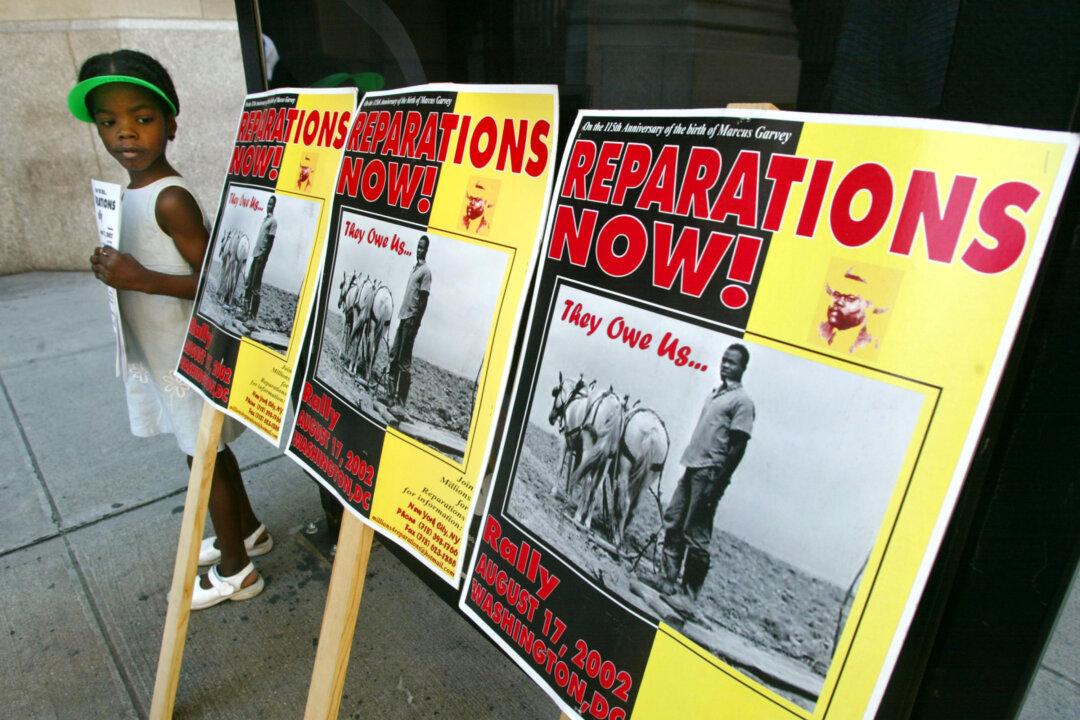Officials in a Chicago suburb on Monday approved a first-of-its-kind reparations program that will provide housing grants to black residents as compensation for past municipal segregationist policies, with the money coming from donations and tax revenues from sales of recreational marijuana.
City Council members in Evanston, Illinois, voted 8–1 to adopt the “Local Reparations Restorative Housing Program and Program Budget” resolution, setting in motion an initiative first approved in 2019 and that some argue could serve as a reparations template elsewhere in America.





